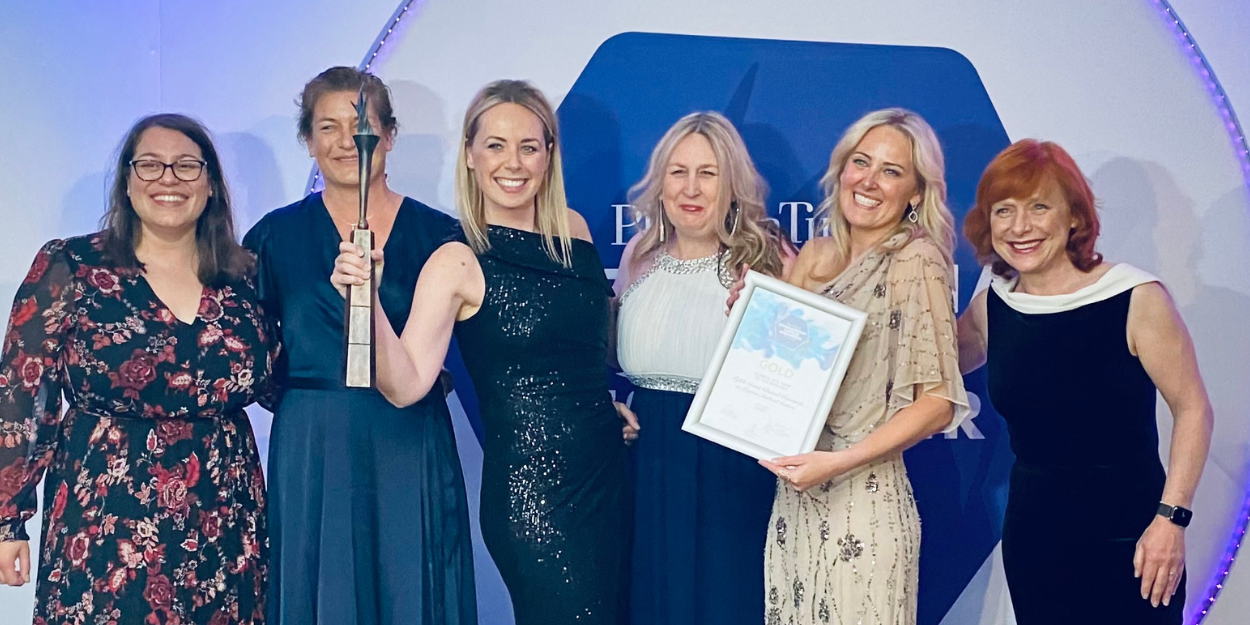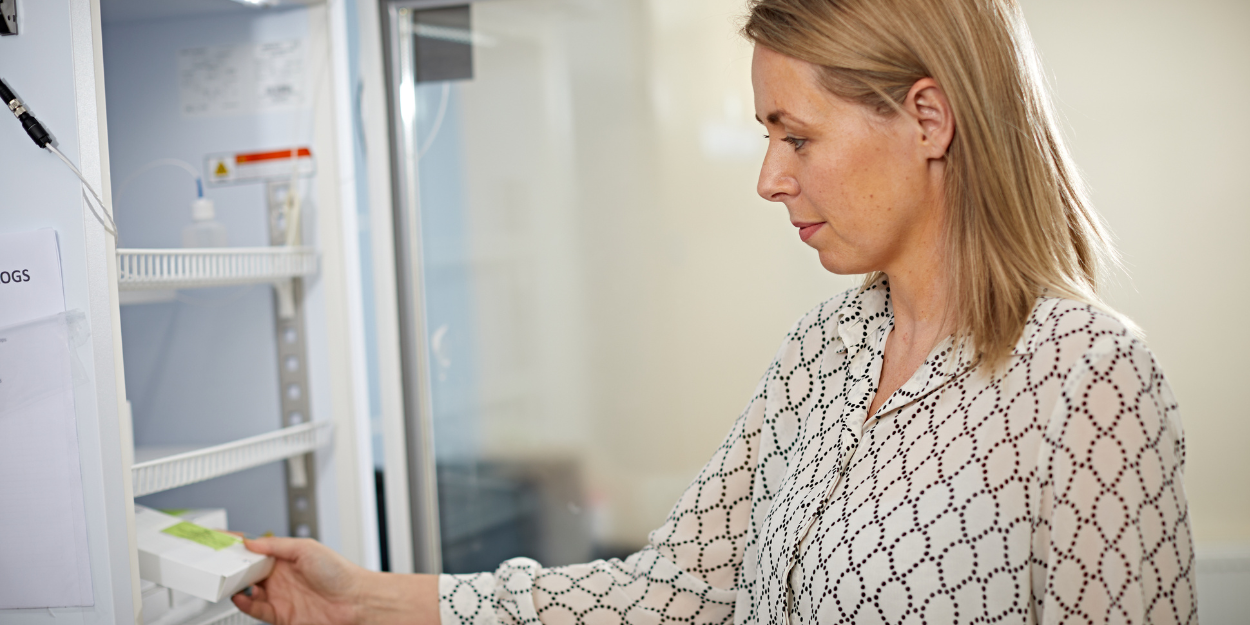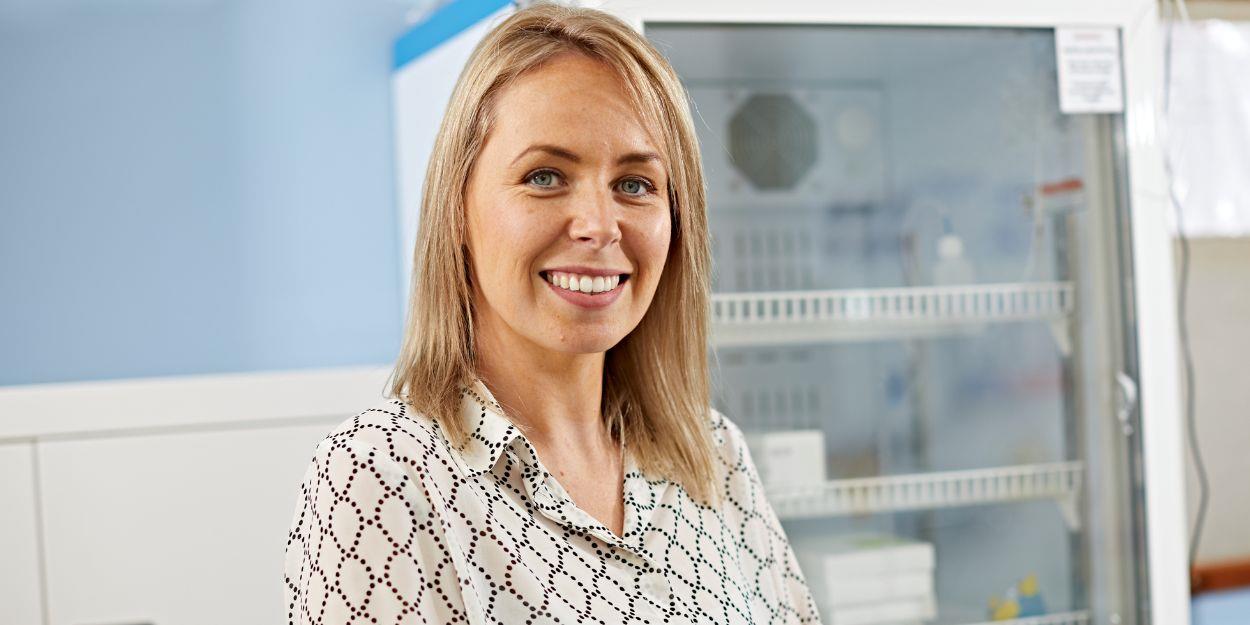
Dr Rebecca Clark is a trailblazer when it comes to delivering commercial research, delivering over 50 clinical trials at her GP practice in Blackpool. Rebecca is passionate about making research accessible to her patients and also demonstrating the unique benefits GP sites can offer commercial research.
Published: 14 September 2023
Commercial research in primary care
In May this year the Lord O’Shaughnessy review into commercial clinical trials in the UK shone a spotlight on primary care, proposing recommendations to help realise its full research delivery potential.
NIHR research activity statistics released the following month corroborated this thinking. The new data revealed that 17% of all commercial recruitment came from primary care, yet this relates to only 3.5% of all open commercial studies. Through this lens, primary care is currently punching above its weight.
The 2022/23 numbers also suggest that primary care has potential to punch higher. Take GPs for example; 44% are research active, yet less than 5% of those contributed to commercial research - although this number is growing year on year.
One such GP is Dr Rebecca Clark.
Pioneers for patient benefit in primary care
Rebecca is a trailblazer when it comes to delivering commercial research. Her practice, which she runs in partnership with her sister, is located in the north west of England in Blackpool; a town which was ranked as one of the most deprived areas of England in 2019. Driven by a desire to make research accessible to her practice patients, to date Rebecca has taken on the role of Clinical Investigator for 50 phase 3 trials across a range of diseases and conditions. She explains why:
“I think - why shouldn't the people of Blackpool have the same opportunities to access clinical trials and the best treatments available? We are situated in one of the most deprived areas of England and it’s important to me to try and address the health challenges that we're facing as a population, right in the heart of Blackpool.
“For example, we have supported trials in conditions such as COPD, Asthma, Diabetes, Lipids and Cardiovascular health. We have also led four vaccine trials, including two urgent health public health studies during the COVID-19 pandemic.
“Doing research allows us to go a bit further for our patients. My view is; if we can just help a few hundred people across Blackpool, through participation in a clinical trial, then that's a few hundred people better off. It’s for that reason that we always opt to take part in interventional trials, as opposed to observational, because we want our patients to be able to access innovative treatments that will have a positive impact on their lives.”
Delivering commercial research in primary care is not only beneficial for patients, but also for study sponsors.
Dedication delivers results
Primary care settings offer unique research opportunities and benefits. Primary care providers like Rebecca’s practice have an in-depth understanding of their patients and know which trials are relevant to them. They also have established relationships with patients which is often reflected in higher than average retention rates.
This, coupled with Rebecca’s passion, has inspired her practice team to rack up a catalogue of achievements. Most recently:
“We have just closed for recruitment on a Covid-19 vaccine study - we were champing at the bit to get going. We recruited our first patient the day after we received permission to open from the sponsor, then recruited 122 participants in 4 weeks.”
“The practice is currently in the top 1% of sites across primary and secondary care recruiting to commercial studies on the NIHR portfolio; we recruited 433 participants in the 2022/23 financial year.
“We recruited the global first patient for the Novavax Covid-19 study in 2020. Overall in 2022/23 we had 5 NIHR portfolio studies recruiting to time and target, or above.”
The team has also recently added an award to their list of accomplishments. In May Rebecca and her team collected the Gold Award in the 'Clinical Site Team’ category in the PharmaTimes International Clinical Researcher of the Year Awards 2023.

Reflecting on their impressive track record, Rebecca adds:
“When I know we are the only GP site in a whole list of secondary care study sites, it motivates me to demonstrate what we are capable of."
Rebecca is passionate about promoting the capabilities of primary care and the integral role it can play in overcoming some of the common challenges clinical trials face, such as set-up, recruitment and retention.
Unlocking the potential of primary care
So how does her team keep these successes coming? Rebecca is quick to credit her team:
“We work as closely as possible with the CRO or sponsor to set-up quickly. We are a small and agile team and pride ourselves on excellence. We want to be the first site open. We want to be the first site to recruit.”
But she is also keen to convey that there are many unique aspects of general practice which make it the perfect setting for a range of commercial trials:
“These achievements are possible for a number of reasons. Firstly, in general practice we come into contact with patients earlier in their disease pathway, when they are more likely to be eligible to take part in research. Only GP’s can provide opportunities to take part in research at the first point of care. By the time those patients require referral into secondary care, they are often quite unwell and less able to participate.
“Thanks to the strong relationship between a GP and a patient we are able to recruit to trials effectively. We have the ability to perform detailed searches in our databases for potential participants and then we manually screen the results. Knowing which trials are best suited to which patients, also enables us to project very accurate recruitment target figures during feasibility.”
Getting selected as a site for a trial is the first challenge. Once Rebecca’s team gets the green light, they spring into action to get the study open as quickly as possible. She continues:
“Our study set-up times are routinely faster than other sites; usually a two week turnaround for the costing and contracting stage. We understand that opening studies quickly enables us to offer the trial treatments to more patients - while recruitment windows are open. So we access NIHR support such as the National Contract Value Review process and tools to enable faster costing and contracting of research. It is not mandatory for primary care, but it helps us to streamline and speed up our research operations. We also have the benefit of being a smaller, more agile organisation compared to larger NHS Trusts, for example.”
And there’s even more good news. Rebecca smiles as she reveals that the average retention rate for the research they support is 99%, she adds:
“Yes, we have very high retention rates. This is partly because of the relationship we have with our patients, but also because we seek to support the right studies. We don’t just grab every opportunity that comes along, we carefully consider the needs of the people we serve.

“Conducting research at a general practice also helps us to master the basics required for an excellent patient experience. A small team means participants see the same faces on each of their visits, and we are easily contactable.
“Add to that the fact that we are bringing research to the people. It’s easier and more convenient to pop into the practice than it is to take a trip to the hospital. It is a place they are familiar with, where they are happy to come.
“Being part of this close knit community makes a huge difference. We understand our patients, and they are really supportive of our research efforts. But that’s not where we draw the line. We want as many people as possible to have opportunities to take part in research.
“We use social media and local health networks to disseminate information about the research we are delivering. We have lots of patients from outside our area contacting us directly and who join our Research Register. We have people from the Lake District, St Helen's and all across Lancashire and South Cumbria coming to us to take part in research.
“As long as they can make the clinical visits, we will enrol them. That's the beauty of it now, isn't it? Through the sharing of electronic health records and the NHS app, we can verify eligibility information so much easier now.”
From little acorns….
One of the additional benefits of delivering commercial research is the ability to generate income to build more research capacity.
Rebecca’s practice - Layton Medical Centre - was already a well established research hub having successfully applied for a grant in 2017 to establish a new clinical trials unit in the practice. The research operation has since grown and is now known as Fylde Coast Clinical Research. Rebecca comments on the evolution of the practice:
“Not long afterwards that investment paid dividends as the new trial unit was fundamental to deliver several large scale vaccine studies during the COVID-19 pandemic.
“It enabled us to amplify our operations further and all income generated from delivering commercial research is invested back into the practice. We now have six clinical rooms and 15 staff members dedicated to delivering clinical research trials.”
Rebecca and her sister are in a fortunate position that research has been embedded within the practice for well over 40 years.
Their Dad started the practice in 1980 and set up the research arm of the practice in 1983. He was both a pioneer and an advocate supporting commercial clinical research in primary care. He has seen the research he contributed to in the 1990’s translate into the treatments of today - aspirin, antihypertensives and all of the statins.

“We learned from the best,” says Rebecca.
“Our father has been, and still is a real inspiration to us both. And we want to inspire the next generation.
“Growing up in the Blackpool area there weren’t many examples of female business leaders to look up to. I am passionate about giving back to this community. We are currently looking to work with schools in the Fylde Coast area and encourage young girls into STEM (science, technology, engineering, and mathematics) roles in the future.”
“We are also super excited about the prospect of the forthcoming CRN North West Coast Research Bus. It will create a fantastic opportunity to travel around the region, share our story and enable more people to get involved in research.”
Ask the experts
Rebecca and her team are certainly a success story when it comes to delivering clinical trials in general practice. They have much to be proud of; the breadth and scale of the interventional trials they deliver, providing healthcare opportunities to their local region and beyond, and leaving a lasting legacy for research.
But not all trials will be suitable for delivery in general practice. While many conditions are routinely diagnosed and managed in primary care, the more complex conditions continue to be diagnosed and treated in secondary care settings by specialist clinicians.
Life science companies seeking to tap into primary care’s research potential are advised to speak to our NIHR Industry Team of experts who can help you to fully explore the opportunities available. We can also connect you with primary care clinical experts to discuss your draft protocol in detail.
Dr Rebecca Clark & her sister Dr Sarah Shaw - owning partners of Layton Medical Centre. Fylde Coast Clinical Research is a Phase 3 clinical trials unit connected to the practice which brings clinical trial participation opportunities to Layton Medical Practice patients and the wider Northwest area.

